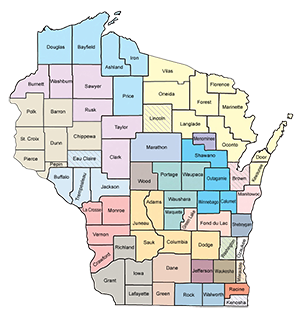The number of dual language learners (DLLs) in Wisconsin communities is on the rise, the educational disparity between DLLs and native English speakers is growing, and there is a lack of available information, resources, and training for early childhood professionals on effectively serving DLLs.
In response to these circumstances, the Department of Public Instruction (DPI) and partner organizations have launched the FACTS & TIPS Series of resources to provide early childhood practitioners and trainers with quick and easy access to research-based information, resources, and practical strategies for meeting the needs of young DLLs (birth to age five) and their families. This growing FACTS & TIPS Series is now available through the Wisconsin Early Childhood Collaborating Partners (WECCP) website.
FACTS & TIPS will help create a common language and common base of understanding among members of Wisconsin’s early childhood community so that services can be delivered in a linguistically and culturally responsive manner. The Series will briefly highlight a wide range of topics practitioners need to know about when working with young dual language learners and their families.
FACTS & TIPS sheets are already available or are planned for these topic areas: defining DLLs, language development in DLLs, culture and families, culturally and linguistically responsive assessment practices, how to use and support home language development, supportive instructional practices for DLLs, and how to use interpreters in early childhood programs. Each FACTS & TIPS sheet will encompass research findings, tips for programming and instruction, and approaches for connecting with parents and families.

